Collaboratively devise a plan for meeting school responsibilities: Though I attend every meeting of my PLC, I do not attend faculty meetings. My principal and I set this expectation at the start of the year. Homeroom meets sporadically in the afternoons, so we arranged for a colleague to meet with my students.
Principals and hybrid teachers must know what to expect of one another when it comes to responsibilities like serving on the school’s council or on committees. Can one hybrid teacher’s numerous leadership responsibilities at school become new opportunities for other teachers?
Clarify and celebrate how a teacherpreneur’s work outside of the classroom benefits students: Most of my colleagues at school have little idea what keeps me busy in the afternoon. If they knew the value of this work, it would likely quell any frustration they experience when they have duties I do not, or temper any jealousy they may feel about my class schedule and “free time.”
Teachers tend toward humility. We must support hybrid teachers by publicly celebrating their work. Offer hybrid teachers a chance to present their work to school and district leaders and include references in publications and regular communications, too.
Find an advocate, mentor and network: Teachers often struggle to advocate for what they need, and expert classroom practitioners may be new to leadership. Designate someone to support teachers in hybrid roles — a person who can advocate for them, coordinate regularly with principals, provide coaching and even watch them teach. Encourage mentorship and participation in a network of other hybrid teachers who face similar challenges and can offer support and advice.
In his book, The Great Influenza, John M. Barry reminds us that scientific discoveries happen on the frontier of our knowledge in a frightening yet necessary confluence of certainty and doubt. Just as scientists battled through urgency and uncertainty to invent the flu vaccine and halt a pandemic, we can only transform education to successfully meet the needs of our students by exhibiting this same kind of courage. Teacher leadership is our frontier, and teacherpreneurs are uniquely suited to discover its riches.
Learn more:
- http://www.scoop.it/t/21st-century-learning-and-teaching/?tag=Teacherpreneur
- https://gustmees.wordpress.com
- https://gustmees.wordpress.com
- https://gustmees.files.wordpress.com/2015/05/document_fusionne.pdf
- https://gustmees.wordpress.com/2015/05/26/what-are-the-skills-needed-from-students-in-the-future/
- https://gustmees.wordpress.com/2015/03/04/learning-to-learn-preparation-for-better-learning-how-to/
Via
Gust MEES



 Your new post is loading...
Your new post is loading...











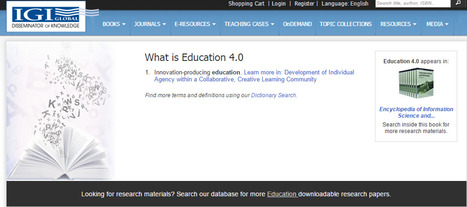
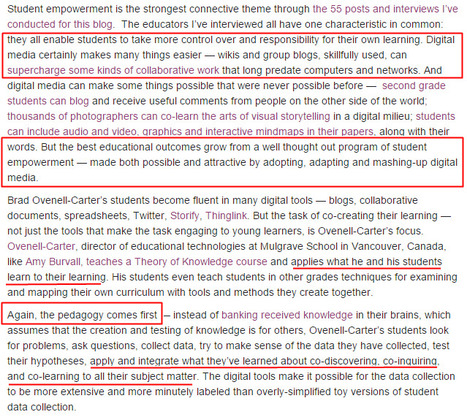


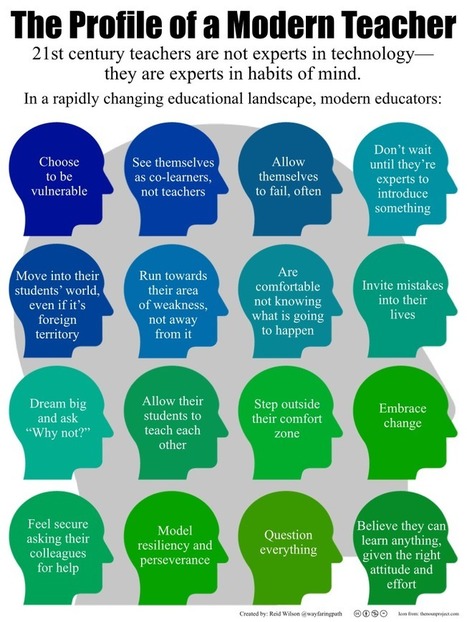


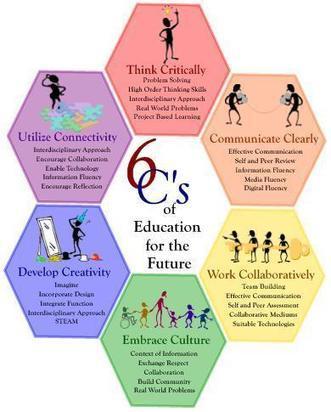



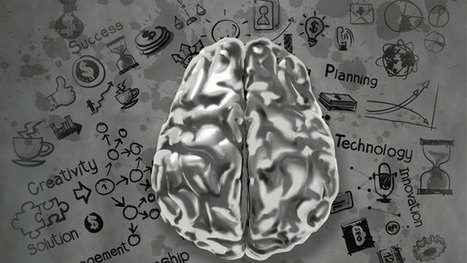



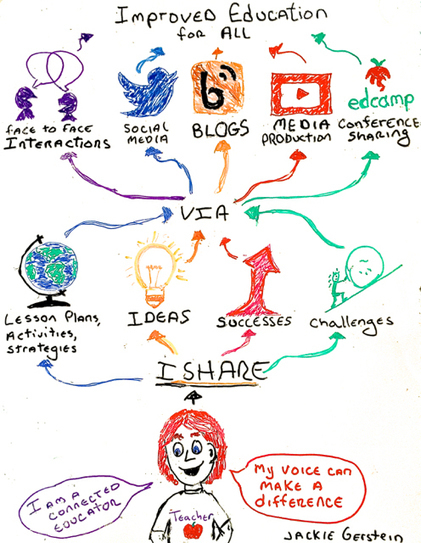



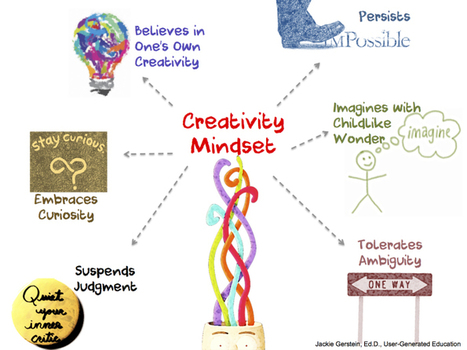








This easy-to-use Microsoft Word rubric template -- created by Cait Camarata, Edutopia's visual designer -- can be modified to suit your own needs. It is also available in Google Docs format. Read about some of the elements of well-designed rubrics in the associated post: "4 Easy Tips and Tricks for Creating Visually Engaging Rubrics."
Learn more:
http://www.scoop.it/t/21st-century-learning-and-teaching/?tag=rubric
This easy-to-use Microsoft Word rubric template -- created by Cait Camarata, Edutopia's visual designer -- can be modified to suit your own needs. It is also available in Google Docs format. Read about some of the elements of well-designed rubrics in the associated post: "4 Easy Tips and Tricks for Creating Visually Engaging Rubrics."
Learn more:
http://www.scoop.it/t/21st-century-learning-and-teaching/?tag=rubric
This easy-to-use Microsoft Word rubric template -- created by Cait Camarata, Edutopia's visual designer -- can be modified to suit your own needs. It is also available in Google Docs format. Read about some of the elements of well-designed rubrics in the associated post: "4 Easy Tips and Tricks for Creating Visually Engaging Rubrics."
Learn more:
http://www.scoop.it/t/21st-century-learning-and-teaching/?tag=rubric